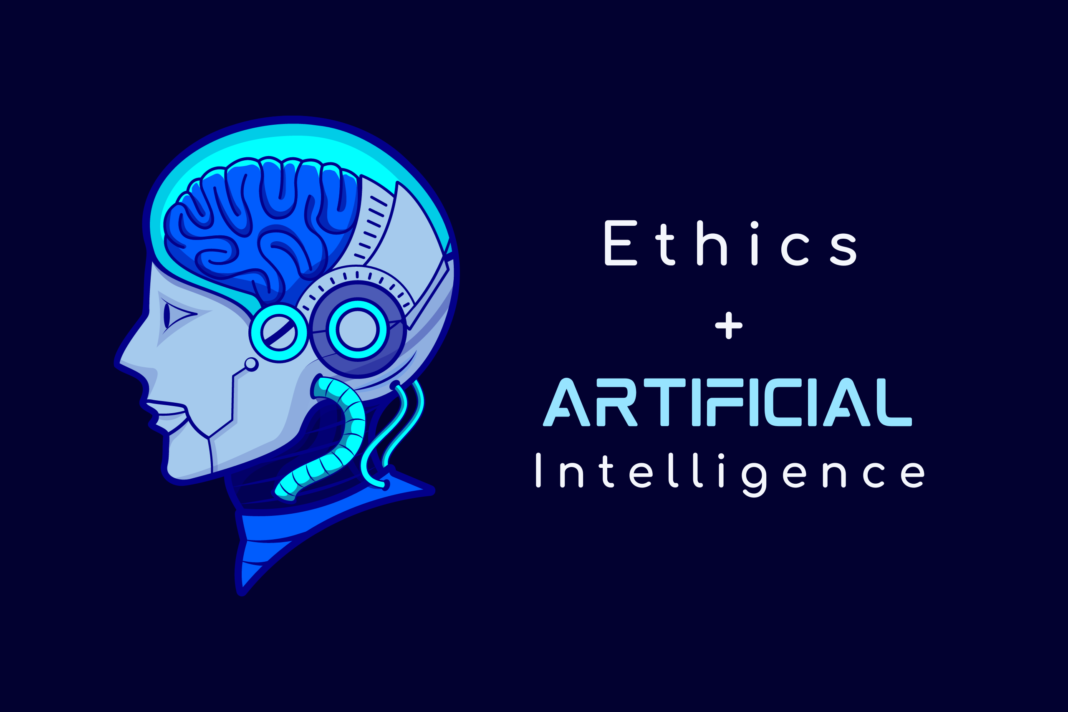I was reading about Plato recently, and the theory of forms came up. Specifically, the concept of the “Double Bacon Cheeseburger”.
Here is what it is.
In the realm of philosophy, even the simplest of things can spark profound discussions. Plato, the ancient Greek philosopher, proposed the existence of a higher reality known as the world of Forms or Ideas. This concept sheds new light on our perception of everyday objects, like that savory double bacon cheeseburger.
In Plato’s view, the physical world is but a mere reflection or imperfect copy of a higher reality, where perfect and unchanging Forms exist. These Forms embody the true essence of concepts and objects, transcending the imperfections and variations of the material world.
Imagine biting into a mouthwatering double bacon cheeseburger. According to Plato, what you experience is a fleeting and imperfect reflection of the ideal “burger” Form. This perfect Form resides in the realm of Ideas and possesses all the essential qualities that define what a burger truly is—regardless of any individual burger’s imperfections or differences.
Plato’s philosophy suggests that our recognition and understanding of objects like burgers come from an innate connection to these perfect Forms, even if we’ve never encountered them directly. The double bacon cheeseburger on your plate is merely a flawed imitation, a shadow of the true burger Form that exists beyond our senses.
Contemplating the double bacon cheeseburger in Plato’s context invites us to explore the nature of reality, the role of perception, and the relationship between the material world and the realm of abstract ideas. It encourages us to question whether our experience of objects is limited to their physical manifestations or if there’s a deeper reality guiding our understanding.
So, the next time you savor that delicious double bacon cheeseburger, take a moment to ponder its place in Plato’s world of Forms. Behind its tempting appearance lies a philosophical journey that transcends the plate and delves into the very nature of existence itself. Just as Plato’s allegory of the cave invites us to question the shadows on the wall, the double bacon cheeseburger invites us to contemplate the Forms that cast their influence upon our perceptions.



